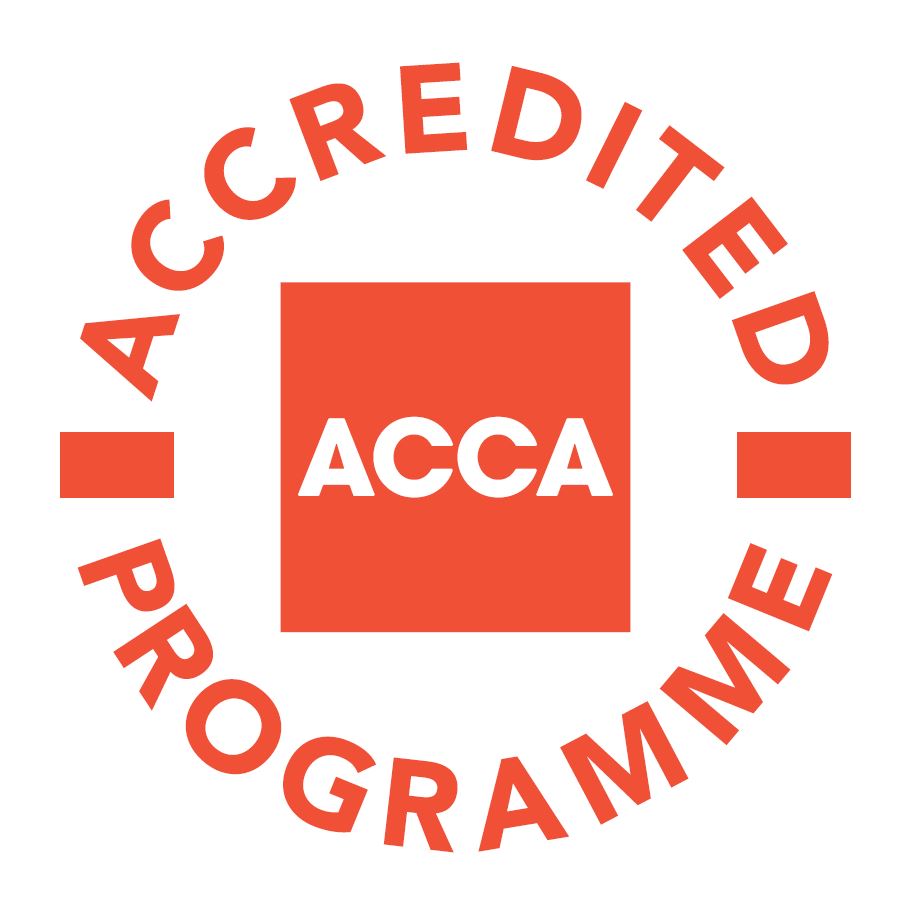The Fast and the Furious: Role of Entrainment in Controlled Inter-organizational Relationship Transformation
 About the Speaker
About the Speaker
Ulf Nilsson, originally from Sweden, has been living in Istanbul since 2002. Ulf has served as a faculty member at Bogazici University (2004), Sabanci University (2004-2014 and 2019-) and Koc University (2014-2018). He is also an affiliated associate professor at University of Gothenburg since 2013.
Ulf earned his Ph.D. in accounting from Jonkoping International Business School (JIBS) 2004 and has since then been part of different research groups in Sweden. His research interest is management accounting in inter-organizational relationships. For further details regarding publications please see google scholar: https://scholar.google.com/citations?user=I4cHv-wAAAAJ&hl=sv
The Abstract
Drawing on theories of social exchange and strategic change, this paper presents a longitudinal study of a retail buyer’s attempts to accelerate the transformation of three arm’s length supplier relationships into relationships characterized by a collaborative atmosphere and integrated activity structure. We find that these largely thwarted attempts are characterized by three paradoxes. (1) Attempts to force the pace of change leads to clashes as change subjects do not have sufficient time to develop capabilities needed to collaborate and acquaint themselves with their counterparts. Processing at a slower pace may, however, lead to loss of momentum and enthusiasm among staff. (2) Attempts to change structures and systems may rely on developments in relationship atmosphere. Relationship atmosphere, on the other hand, may not develop without a clear path towards new activity structures. I.e., the sequencing of change activities is a challenge to change agents. (3) Also timing of change initiatives is characterized by a paradox. We see a desire early on to focus on quick gains and postpone mode demanding activities; at the same time, more substantial rewards later on may rely on challenging the relationship at an early stage. These paradoxes lead us to conclude that accelerated, planned relationship transformation is subject to diseconomies of time compression as well as diseconomies of time expansion. The association between speed of transformation and the likelihood of its success therefore represents an inverted u-shape.

